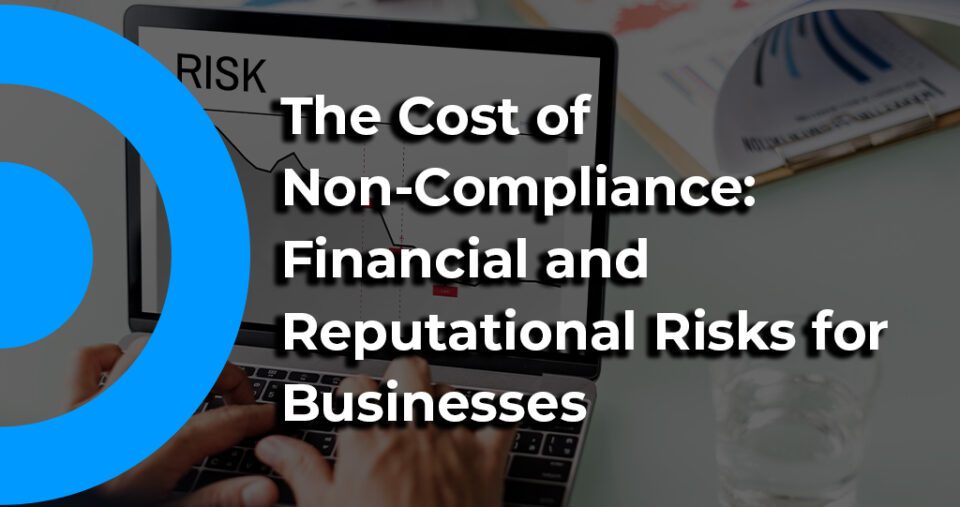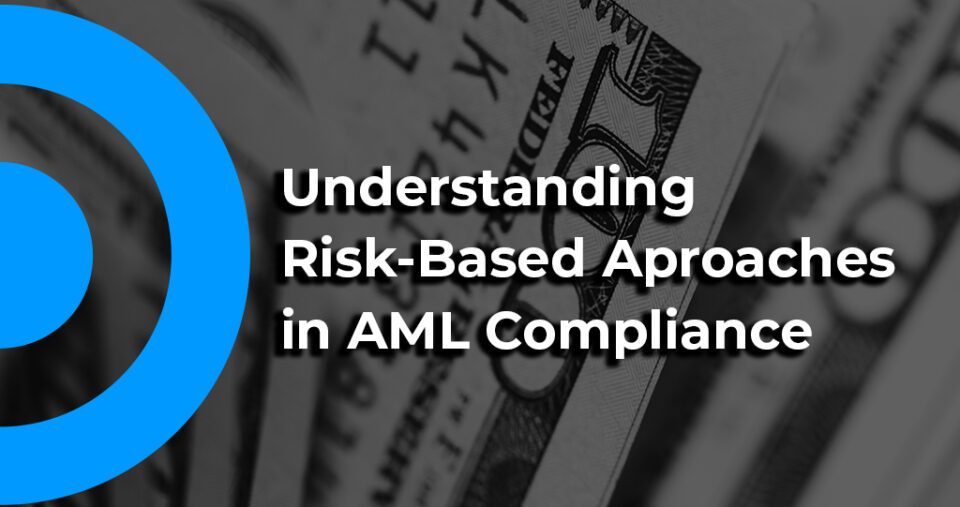
Regulatory Challenges Fintechs Face When Entering the Canadian Market
April 18, 2025
How to Achieve Compliance Through Innovation in 2025: Regulatory Sandboxes Explained
April 24, 2025Cross-border payments keep the UAE’s international trade and financial sector running smoothly. But businesses need to navigate complex rules around AML laws, sanctions, and payment processing to stay compliant. Failing to do so could mean big fines, reputational damage, or even restrictions on operations.
This guide outlines key regulatory obligations and best practices for UAE businesses engaged in cross-border transactions.
1. UAE’s Cross-Border Payment Regulations
UAE businesses are required to abide by regulations set by:
- The Central Bank of the UAE (CBUAE) – Manages financial institutions and enforces AML compliance.
- The Financial Action Task Force (FATF) – Sets global AML/CFT standards.
- The UAE Ministry of Economy – Regulates financial flows in alignment with international obligations.
Visit our Regulatory Compliance Services for an in depth breakdown of UAE regulatory requirements
2. AML & Counter-Terrorist Financing (CTF) Requirements
a) Know Your Customer (KYC) & Enhanced Due Diligence (EDD)
KYC checks are essential for UAE businesses to confirm customer identities and identify risks. But for higher-risk cases, like transactions with PEPs or those tied to high-risk jurisdictions, they must go a step further with Enhanced Due Diligence (EDD).
b) Suspicious Transaction Reporting (STR)
If a transaction seems suspicious, businesses ought to report it to the UAE Financial Intelligence Unit (FIU). Common red flags include:
- Unusual transaction amounts.
- Transfers involving sanctioned countries.
- Transactions inconsistent with a customer’s profile.
Stay up to date on AML reporting obligations.
c) Compliance with Global Sanctions & FATF Guidelines
UAE businesses must screen transactions against international sanctions lists, including those from:
- The UN Security Council.
- The US Office of Foreign Assets Control (OFAC).
- The European Union.
Breaking sanctions rules can mean major fines and denied transactions.
3. Payment Processing & Cross-Border Transaction Security
a) Adhering to Payment System Regulations
Cross-border transactions must comply with the UAE’s Retail Payment Services and Card Schemes Regulation, ensuring:
- Secure processing of international remittances.
- Adherence to SWIFT payment messaging standards.
- Compliance with Real-Time Gross Settlement (RTGS) frameworks.
For an overview of UAE payment regulations, explore our compliance Services.
b) Currency Exchange & Foreign Transaction Risks
Businesses dealing with cross-border transactions must monitor:
- Currency conversion risks due to exchange rate fluctuations.
- Foreign transaction fees and costs.
- Restrictions on capital outflows in certain jurisdictions.
4. Best Practices for UAE Businesses in Cross-Border Payments
a) Implement Robust Compliance Programs
To minimize regulatory risks, UAE businesses should:
- Conduct regular compliance audits.
- Leverage automated transaction monitoring tools.
- Train employees on AML and financial crime prevention.
b) Build long lasting relationships with trusted financial institutions.
Partnering with licensed payment service providers (PSPs) and regulated financial institutions ensures secure and compliant cross-border payments.
c) Stay Updated on Regulatory Changes
As global AML regulations change, businesses must stay updated on new compliance rules. It’s crucial to regularly follow CBUAE directives and FATF guidelines.
Final Thoughts
UAE businesses engaging in cross-border payments ought to stay ahead of AML regulations, sanctions compliance, and financial reporting obligations. By putting in place solid KYC, EDD, and monitoring systems, businesses can reduce risks and ensure smooth international transactions.
Need expert guidance on UAE cross-border payment compliance? PayCompliance offers tailored solutions for financial institutions and businesses.
Sources
- UAE Central Bank Regulations: https://www.centralbank.ae/en
- FATF Guidelines on Cross-Border Payments: https://www.fatf-gafi.org/
- UAE Financial Intelligence Unit: https://www.uaefiu.gov.ae/



